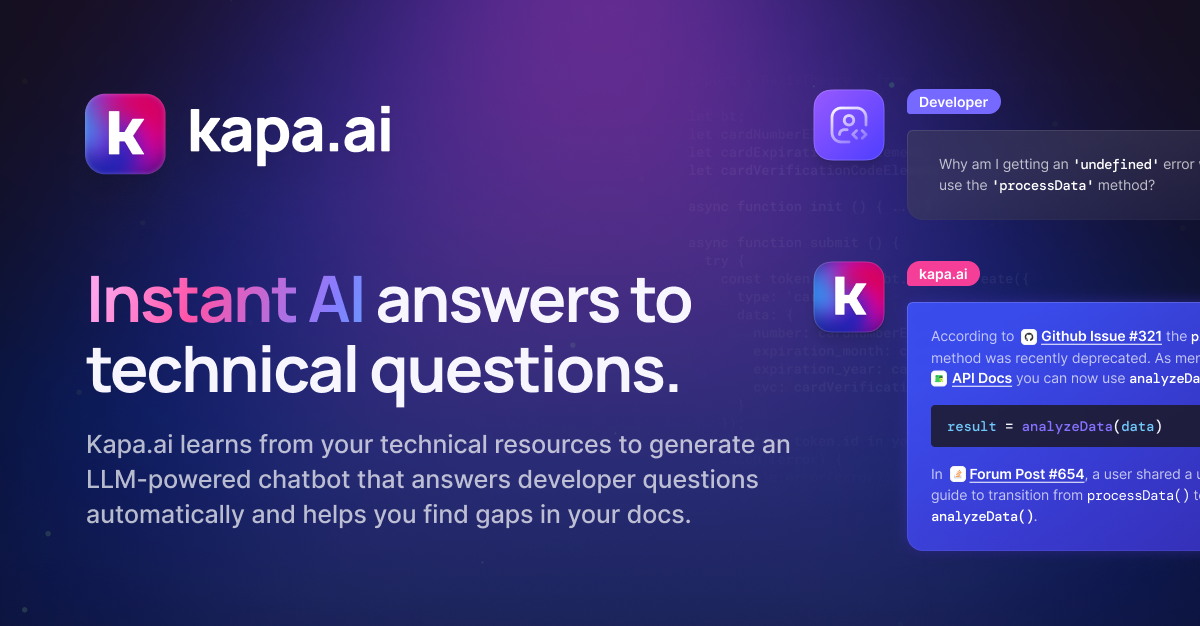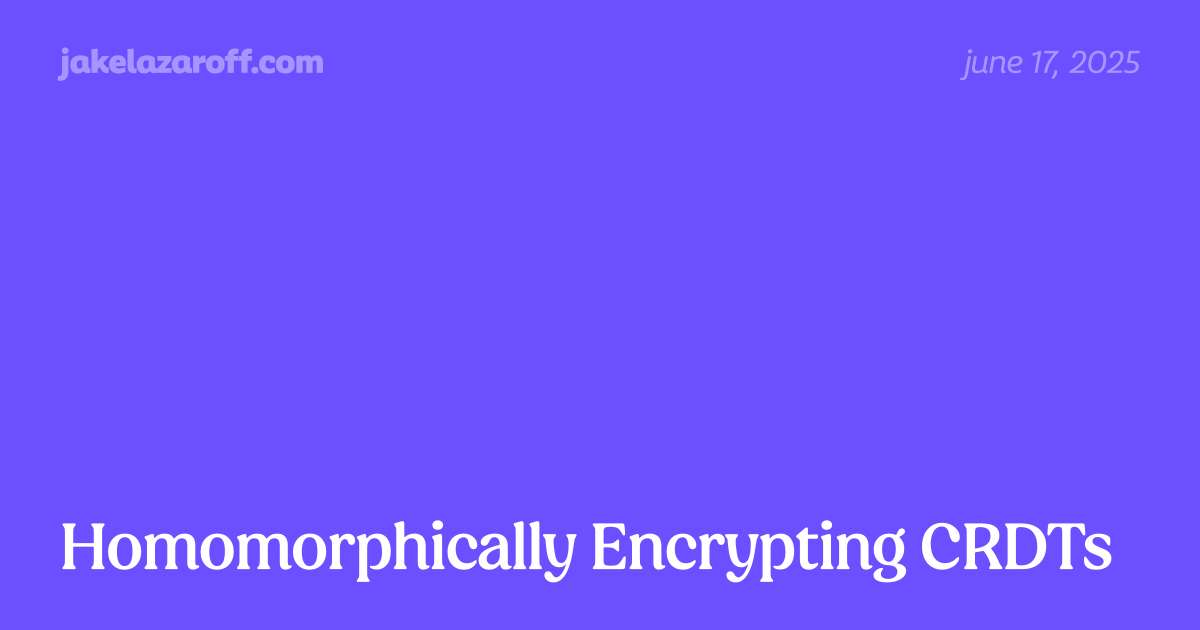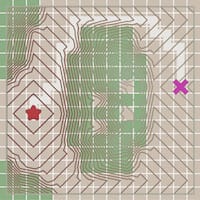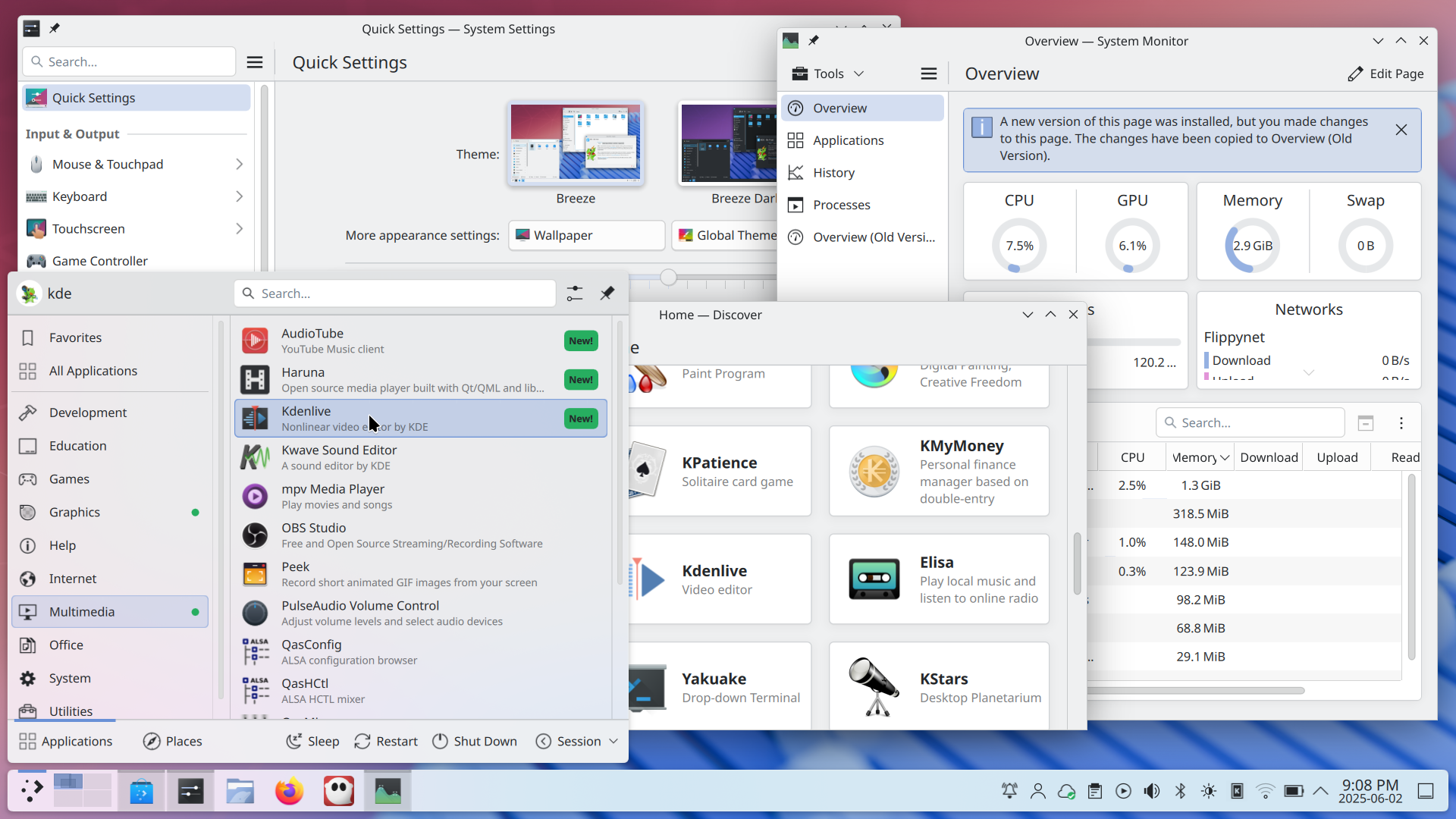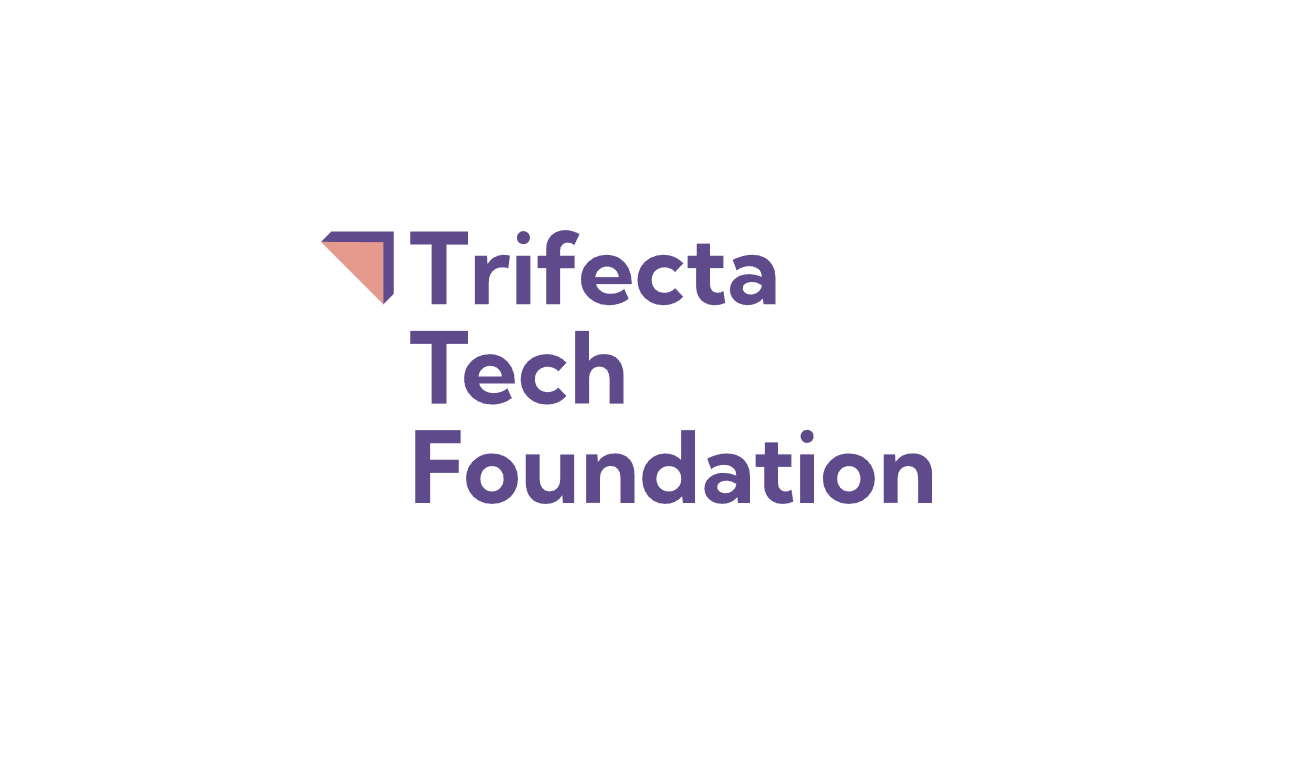Dumping VAC Modules: A Deep Dive into Steam's Anti-Cheat
This post details a reverse engineering journey into Valve's Anti-Cheat (VAC) system. The author meticulously analyzes the Steam service process (steamservice.dll), uncovering the intricacies of VAC module loading and execution. By modifying a specific instruction, the author forces VAC to use LoadLibrary for module loading, enabling the dumping of VAC modules. The process is explained step-by-step, including locating LoadLibraryW calls, tracing function call chains, and identifying temporary files. The successful dumping of VAC modules and the revelation of key functions within them lays the groundwork for further analysis of VAC's anti-cheat mechanisms.

